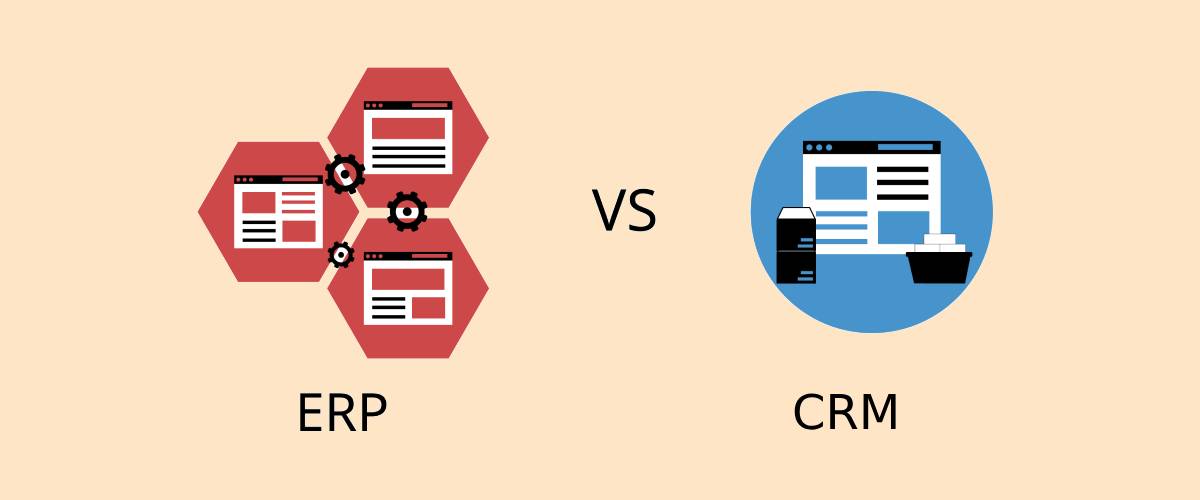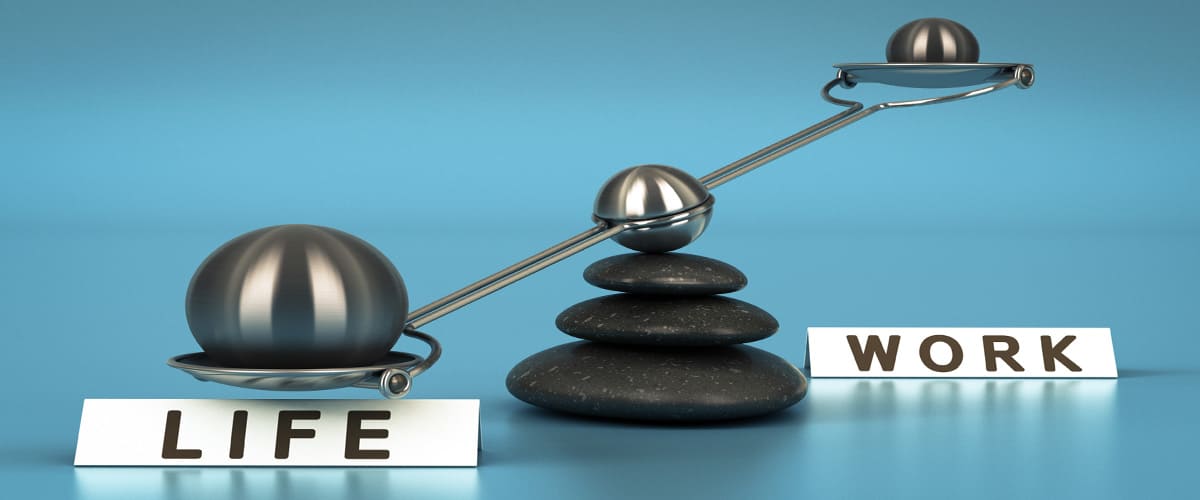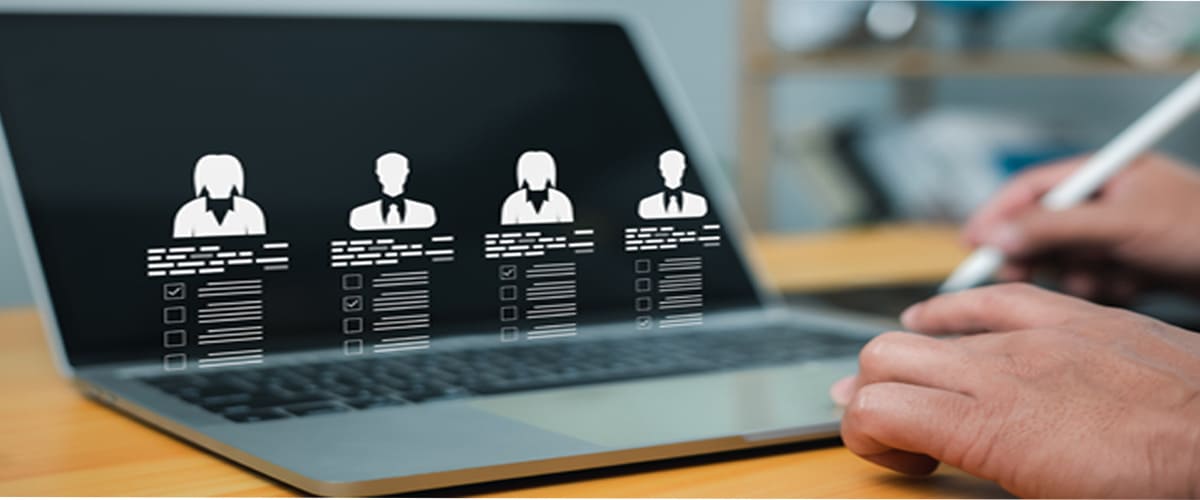
ERP or enterprise resource planning system lets you manage various facets of your business like supply chain management and financial management in a centralized space. Whereas, A CRM or customer relationship management system helps nurture customer relationships and interactions.
In the ERP vs. CRM discussion, we are going to take a look at their unique characteristics, compare them, and find out what is the right tool for your business. Let’s dive in.
What is ERP?
Let’s start the ERP vs. CRM debate with a deeper dive into each of these systems. Enterprise resource planning software makes it easy for businesses to simplify and streamline daily operations by allowing you to manage separate business processes in a unified way.
This allows you to provide a single source of truth and assemble your data effectively as you don’t need to have various systems for each of the processes. You get to increase operational efficiency by standardizing workflow. It also means a lot less barriers to decision making and much less friction among teams working side-by-side.
ERP software has analytics tools that offer valuable insight into the state of your business which helps you position your company for success by having data-driven forecasts and making informed decisions.
However, you should know that now all ERP systems are the same. You should consider your objectives as you explore the ERP options out there.
To sum it up, your ERP system is there to simplify the organizational and management process and by doing so boost productivity and efficiency.
What is CRM?
A customer relationship management system is a repository of customer data. It stores names, mailing information, email addresses, phone numbers, and other crucial details. It also stores records of your interactions with customers.
For example, if someone sends an email to your customer support, all of the information available on the customer gets added to CRM. This information is very beneficial. For instance, you can add guests to meet at in-person events such as trade shows.
Businesses use CRM systems to get an overview of their relationship with people connecting with their business, and monitor every interaction, specifically customers and prospects. It lets you gain a greater understanding of their interests and expectations. With that knowledge, you can craft solid marketing campaigns, build trust, and establish meaningful connections.
On top of that, with a CRM software you can see where the customer is in the sales funnel. Therefore, you can figure out the perfect time to reach out to clients and leads.
It also lets you stay ahead in the competition as anticipating customer requirements gets easier. A CRM also allows you to share information across every sales representative easily, and they can see changes in information in real-time.
ERP vs. CRM: What’s the difference?
Now the ERP vs. CRM debate can come to a definitive conclusion. Let’s discuss their differences in detail.
Primary function
ERP, similar to the CRM, acts as a repository of data, collecting and storing them from various departments of your company. But while a CRM can only let you manage the customer relationship, an ERP system can do that and add some more. However, not all ERP software will give you a CRM module.
Purpose
The main difference lies in the purpose of these systems. Businesses use ERP software to lower costs, manage resources better, and minimize organizational inefficiencies. On the other hand, sales and marketing teams primarily use CRM to convert leads to customers, automate transactions at various touch points, and oversee client communications.
Activities
ERP and CRM are also different based on the activities businesses use it for. For front-office activities that generate more revenue and are generally customer-facing, businesses use CRM. And for back-office activities like customer service, order fulfilment, and human resources that support the front-office activities, businesses use ERP software.
What are the key features of ERP?
Let’s take a look at the main features of an ERP.
What are the key features of CRM?
Now let’s take a look at the key features of a CRM.
Can you use ERP and CRM together?
To answer this question straight: To organize, manage, and aggregate data businesses of all sizes can use CRM and ERP systems together. Ultimately, these two programs help your business accomplish distinct goals, so both of them are equally important. If one uses these tools correctly, whether you are a small business or a large corporation, you can benefit from it.
However, depending on several factors you may need to choose either one or integration of ERP and CRM systems.
Integration
Most ERP and CRM systems can be integrated. You can consider this if you want to streamline processes and have data consistency. This option allows sharing information between two platforms and improves customer services, marketing, and sales.
Business goals
If your business goal is to build customer relationships, improve sales, and customer satisfaction, you should go for a CRM system. However, if you want to focus solely on enhancing internal processes like inventory management, supply chain management, finances, HR, and so on, an ERP system is the ideal candidate.
Available resources
For small businesses who are operating on a tight budget selecting a system that will deliver the most on a long-run is key. However, it does not mean that you have to choose either one. You can opt for virtual assistant services and seamlessly integrate ERP and CRM systems while saving tons of money on overhead expenses and more.
Final thoughts
ERP vs. CRM: what should you choose? While each tool offers something unique to boost your efforts, it actually depends on your specific business requirements, goals, overall marketing strategy, and available resources. Although there is some overlap in their features, these tools are used for different purposes and offer distinct advantages to businesses. Therefore, consider your capital, business needs, and aim to make an informed decision.







